For this collaborative, creative event, poets submitted poems written in response to a painting or photograph in the Page Gallery exhibition: Art & Ekphrastic Poetry. The exhibition is available for viewing online at www.thepagegallery.com and in the gallery on Bay View Street in Camden, Maine.
Ten poets were selected to read on The Poets Corner zoom event on Sunday, November 12th; another ten poems will be selected by the artists and read live in the gallery on Saturday, November 18th. These will be read by the poet, if local and available, or by someone else in their stead. Please join us!
Left: Gail Spaien, Red Chairs, Acrylic on Linen.
About last year’s experience with the ekphrastic pairings, Lucinda Ziesing writes:
The call to write an ekphrastic poem—responding to a work of art hanging in the Page Gallery—was the most provocative writing prompt I have ever had. It engaged my imagination to reflect on the action I saw in a visual work of art. I followed what occurred to me as I looked and looked again into Sal Kydd’s black and white photograph, Homage. The back of a woman covered in a lace shawl sitting on a tree stump reminded me of an honor guard—lace draped over the remains giving homage to the great American Elm. The prompt took me deeply into my own past memories as well as into a disturbing current event. Halyna Hutchins, the Ukrainian cinematographer had just been shot to death in error by Alex Baldwin on a movie set. The lace shawl galloped me into her dying moments on horseback riding through a vermillion desert scape making meaning out of trauma.
As part of the Camden Inaugural Poetry Festival I read another one my ekphrastic poems in the Library next to the painting that inspired it. The audience could see and connect to the origins of the poem. I wrote it gazing into Hannah Berta’s Seaheart, an ultramarine painting of Seaweed. I surprised myself when my detailed description of rockweed floating in cool brine took an unexpected turn to feeling my son floating inside me like a silver eel in amniotic fluid. The poem ended: “Seaheart, I know your place of origin. We are of the same. I too once breathed under water.” Ekphrastic Poetry helps make meaning out of what I see.

